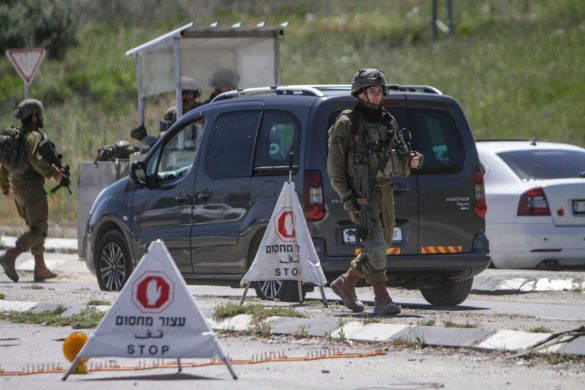CAIRO, 27 January 2011 (IRIN): Thousands of Egyptian protesters have taken to the streets for the third day in a row to demonstrate against rising food prices, unemployment and lack of political freedom.
(FN-bureauet) IRIN takes a closer look at the campaign, which has defied a ban on rallies announced earlier in the week by the Interior Ministry, and is instead calling for mass action on 28 January.
Six people have died since the protests began on 25 January and the tenacity of the demonstrators appears to have taken the government by surprise. The demands of the protesters have begun to include an end to the 30-year presidency of Hosni Mubarak.
– Those who think that Egyptians are unable to take any action are totally mistaken, said Mustafa Bakri, an opposition leader who was one of the protesters in Cairo, the capital, on 27 January.
– There is stag-nation, poverty, and corruption and the people can not stay silent forever, he told IRIN.
In the coastal cities of Suez, Ismaillia, and Alexandria, riot police have used batons, tear gas, and rubber-coated bullets in confrontations with protesters.
Armoured troop carriers have been patrolling Cairo’s streets, and an estimated 850 to 1.100 people have been detained.
WHAT ARE THE ISSUES?
Widespread dissatisfaction seems to have sparked the protests and generated a mixed package of demands, but a central theme is the cost of living.
– Our life is becoming like hell, said Amira Mansour, protesting outside the offices of the Bar Association in central Cairo, one of the main rallying points in the city, adding: – Most of us are unable to put food on the table – how long will we stay silent?
Mansour, a civil servant and mother of three, took the day off from work on 27 January to join the demonstrations. As a civil servant she earns 450 Egyptian pounds (næsten 71 US dollar) per month, but said she was unable to meet some of the most basic needs of her children.
According to the UN Children’s Fund (UNICEF), 23 percent of Egyptian children under the age of 15 are living on less than one dollar (5,50 DKR) a day.
Egypt’s high rate of joblessness has also fuelled the anger of protesters.
The government says 10 percent of the nation’s 26 million workforce is unemployed, but independent observers put the number of jobless youth much higher.
– We only get lip services (lidt hjælp, der ikke gør nogen forskel), but our problems have continued to be the same for years, said another demonstrator, Osman al-Menyawy, who graduated from the College of Commerce five years ago but is still unemployed.
He said few of his colleagues had managed to find work: -This is a real loss of national wealth, we want a government that cares about us.
Anger is widespread over Mubarak’s bid for a sixth six-year presidential term later this year, and rumoured dynastic plans for his son, Gamal.
– If I were in the president’s shoes, I would not run for president again, opposition leader Osama al-Ghazaly Harb told the private broadcaster Dream TV: – I would not even allow my son to run for president.
WHAT IS THE GOVERNMENTS RESPONSE?
Læs videre på http://www.irinnews.org/Report.aspx?ReportID=91757














